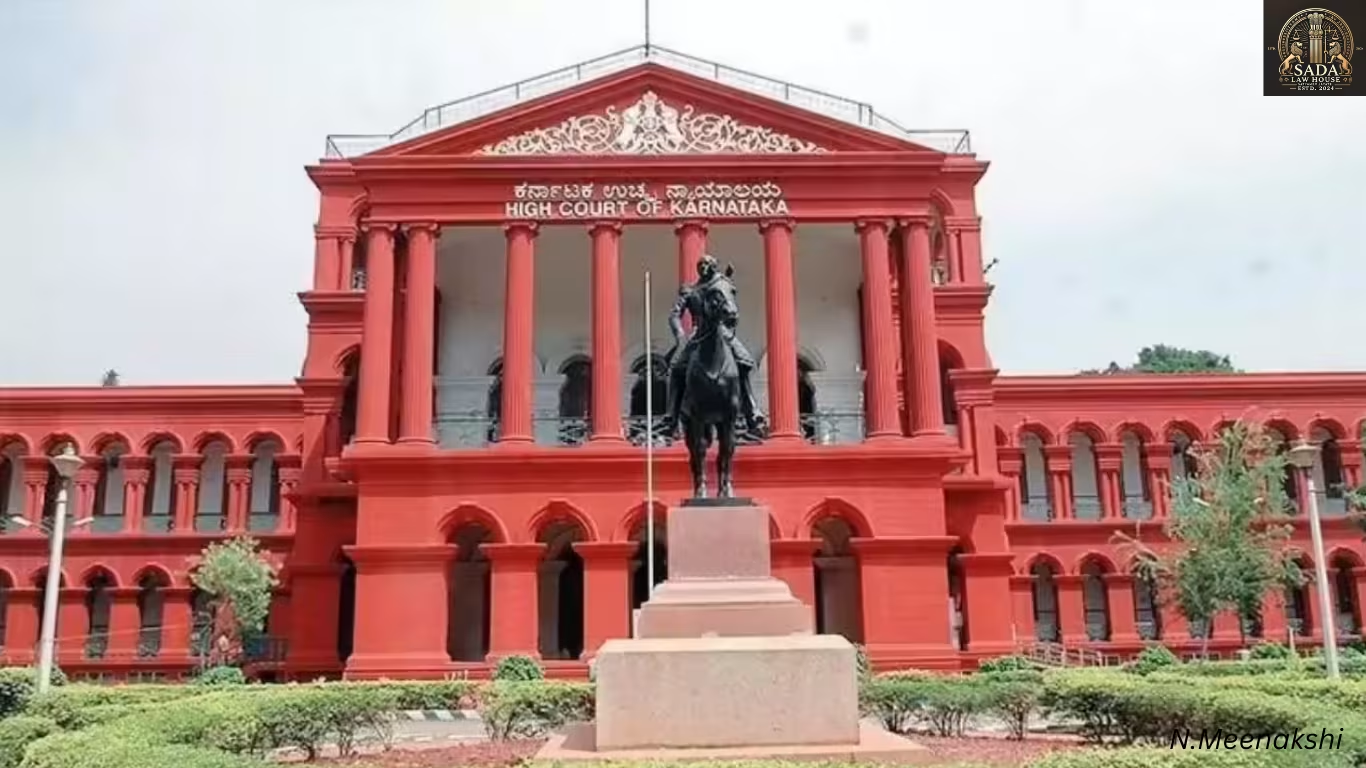Karnataka High Court Allows Caste Survey to Continue with Voluntary Participation and Data Confidentiality
- Kashak Agarwala
- 26 September 2025

Introduction
The Karnataka High Court has permitted the state government to continue its caste-based socio-economic and educational survey, while stressing two safeguards: participation must be voluntary and data must remain confidential. The ruling attempts to strike a balance between the state’s need for policy-relevant data and citizens’ rights to privacy.
Background
The caste survey began on September 22, 2025, initiated by the Karnataka State Backward Classes Commission.
Petitioners, including the Akhila Karnataka Brahmana Mahasabha, challenged the survey, arguing it was a “disguised census” that infringed on individual privacy, usurped state powers, and violated the Backward Classes Commission Act, 1995.
The Union Government supported petitioners, claiming only the Centre has authority to conduct a census under the Constitution.
Key Developments
A three-judge Bench of Chief Justice Vibhu Bakhru and Justice C.M. Joshi declined to halt the survey.
The Court ruled: “We see no reason to interdict the current survey. However, we shall ensure that the information obtained shall not be given to any other individual.”
The Commission was directed to file an affidavit outlining privacy safeguards.
Enumerators must inform citizens that participation is optional; coercion or persuasion is strictly prohibited.
Issues
Whether the state government has constitutional competence to conduct a caste survey.
Whether collection of Aadhaar and personal data violates the right to privacy.
Whether the survey amounts to a census, which only the Union can undertake.
Court Directions
Participation is voluntary; citizens cannot be compelled.
Personal details, including Aadhaar, must be collected only with informed consent.
Data confidentiality is paramount; leakage or sharing with third parties is prohibited.
The Backward Classes Commission must create robust privacy safeguards and submit them on affidavit.
Government’s Position
Advocate General Sashi Kiran Shetty assured the Court that privacy safeguards were in place.
Senior advocate Abhishek Manu Singhvi, appearing for the state, cited Indira Sawhney (1992) and the 105th Constitutional Amendment (2021) to argue that the survey fell within the state’s jurisdiction.
The state maintained that the exercise was not a census, but a survey to identify socially and educationally backward classes for welfare planning.
Current Status
The survey continues under Court-mandated safeguards.
Final arguments on the constitutional validity of the survey are scheduled for December 2025.
Conclusion
The High Court’s interim order reflects judicial restraint: allowing state-led data collection while embedding safeguards for voluntariness and privacy. The decision underscores the importance of ensuring that welfare-driven surveys do not become instruments of coercion or political misuse.






